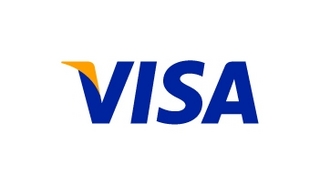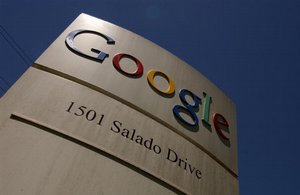The quantity of e-mailed advertising pitches for different opportunities is about to increase dramatically
Published:
9 July 2002 y., Tuesday
The quantity of e-mailed advertising pitches for different opportunities is about to increase dramatically, according to research by Bob West, an anti-spam activist.
E-mail addresses are the currency in a financial shell game that involves rapidly moving consumer contact information from database to database while concealing where and how the data was collected, according to West's research, which he has documented in a map that painstakingly details all the dark and twisted paths that your e-mail address has been traveling.
Spammers harvest e-mail addresses from websites and public posts on Internet newsgroups and bulletin boards and then sell the addresses to other spammers, or to unscrupulous marketing companies who pay a bounty fee per submitted name. These marketing lists may eventually be sold to legitimate companies who often believe they are purchasing a list of eager consumers' addresses.
One end result of all this activity is, rather obviously, more spam showing up in already jammed inboxes. West said his research indicates that unless consumers complain publicly and loudly about the promiscuous passing around of their e-mail addresses, spam will make the mailboxes of most Internet users virtually unusable within the next six to nine months ... "a year if we're lucky."
Other anti-spam activists agreed that spam is proliferating, but pointed out that West's "Spamdemic Map" doesn't indicate any concepts that aren't already widely understood.
Šaltinis:
wired.com
Copying, publishing, announcing any information from the News.lt portal without written permission of News.lt editorial office is prohibited.
The most popular articles
Software company announced new structure_ of it_s business.
more »
 Wincor Nixdorf is enhancing its consulting portfolio for the banking business.
more »
Wincor Nixdorf is enhancing its consulting portfolio for the banking business.
more »
 Wincor Nixdorf is set to present its ProClassic Enterprise Cash Management software for effective and rational organization of end-to end cash management processes in banks at the Retail Delivery Show.
more »
Wincor Nixdorf is set to present its ProClassic Enterprise Cash Management software for effective and rational organization of end-to end cash management processes in banks at the Retail Delivery Show.
more »
 Yahoo said Jerry Yang will step down as chief executive as soon as the board finds a replacement.
more »
Yahoo said Jerry Yang will step down as chief executive as soon as the board finds a replacement.
more »
 Wincor Nixdorf AG has turned in the best year in its history.
more »
Wincor Nixdorf AG has turned in the best year in its history.
more »
 Visa Inc. is working with the Los Angeles transit authority to allow train, subway and bus riders to pay fares with Visa’s payWave-enabled contactless cards.
more »
Visa Inc. is working with the Los Angeles transit authority to allow train, subway and bus riders to pay fares with Visa’s payWave-enabled contactless cards.
more »
 Customers line up in New York City to be the first to buy Google's new G1 phone.
more »
Customers line up in New York City to be the first to buy Google's new G1 phone.
more »
 Children and teenagers are keen internet users - 12 to 15-year-olds spend at least three hours a day on screen - but are not always aware of the dangers: not just sites showing child pornography or violence but also the risk of bullying or grooming.
more »
Children and teenagers are keen internet users - 12 to 15-year-olds spend at least three hours a day on screen - but are not always aware of the dangers: not just sites showing child pornography or violence but also the risk of bullying or grooming.
more »
 A European Commission study found that devices left on stand-by throughout the European Union in 2005 consumed the same amount of electrical energy as a country the size of Greece or Portugal in 2008.
more »
A European Commission study found that devices left on stand-by throughout the European Union in 2005 consumed the same amount of electrical energy as a country the size of Greece or Portugal in 2008.
more »
 The European Commission has launched a new web portal called “Study in Europe” to promote the attractiveness of European Higher Education to students from other parts of the world.
more »
The European Commission has launched a new web portal called “Study in Europe” to promote the attractiveness of European Higher Education to students from other parts of the world.
more »
 With the increasing availability of the internet, children are being exposed more and more to illicit images and content.
more »
With the increasing availability of the internet, children are being exposed more and more to illicit images and content.
more »